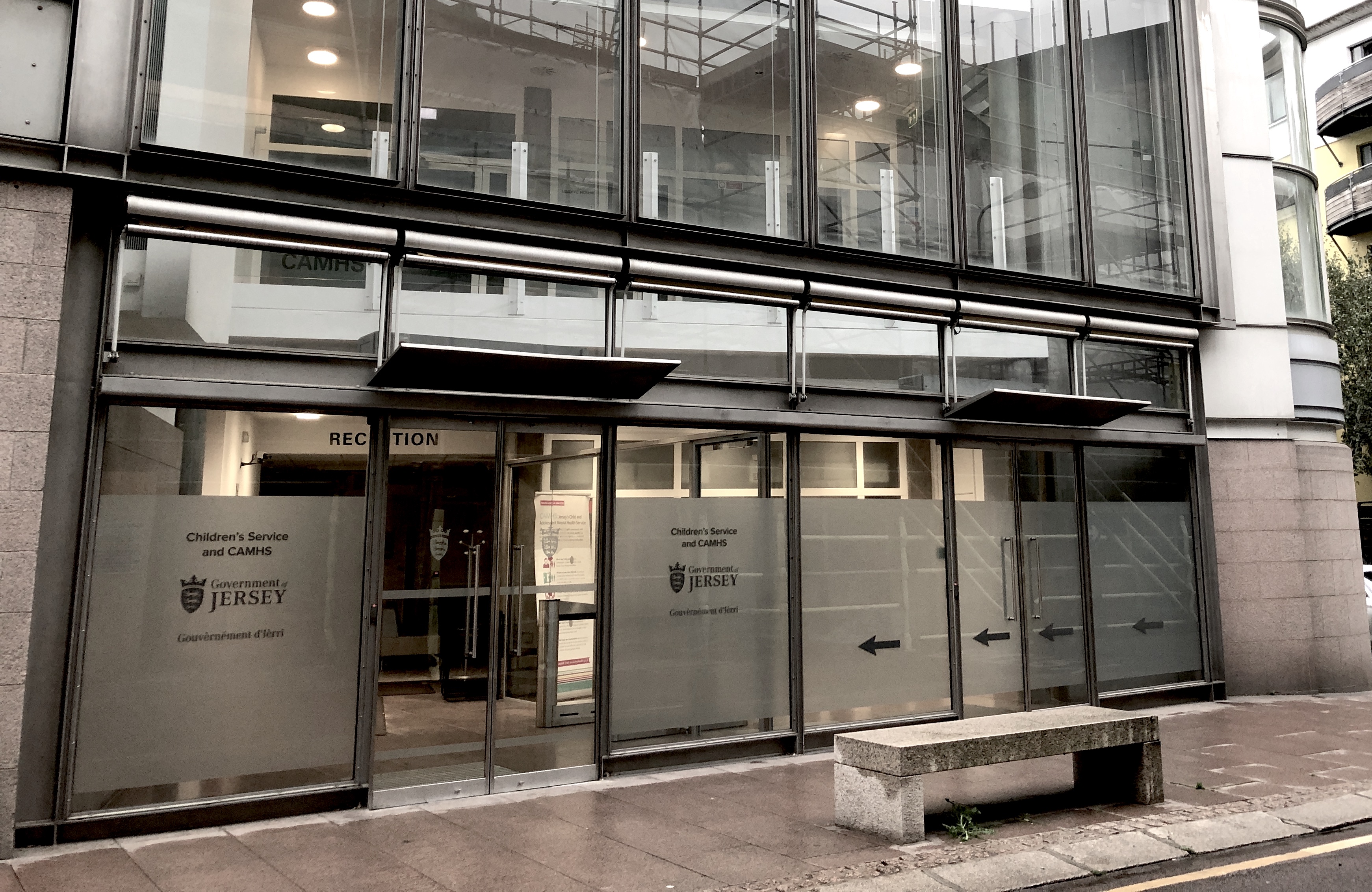


When one politician joined the lengthy hospital pharmacy queue last week, she was confronted with a scene she described as “chaos”… someone crying and begging for help, staff being abused, individuals being turned away empty-handed.
For many, this will be a familiar picture, with long queues – sometimes stretching out the door – having been a feature of the hospital for many months.
It’s an issue Health’s boss has deemed a “major priority”, noting that it was “absolutely unacceptable” that funding issues may be getting in the way… But how did we get here? Express explores…
Whilst community pharmacies can process some Hospital prescriptions, patients will be charged a private prescription fee for this.
This is because Hospital prescribers do not have access to the Health Insurance Fund, which is administered by the Government under the Health Insurance Law.
Pleased to hear the chief officer describe improving pharmacy services as a ‘major priority’ at the HCS Advisory Board meeting this morning - we discussed this issue at scrutiny this week and I was able to share my own experience in the queue. A short ????
— Lucy Stephenson (@LucyStevoJSY) March 28, 2024
In addition, controlled medications are only able to be prescribed by Hospital clinicians. This includes many mental health drugs, such as those used to treat ADHD.
This means that these patients have no choice but to get their medication through the Hospital Pharmacy.
Last year, patients began complaining on social media of lengthy queues and wait times.
Among those to share concerns was Rachel Tippett, who runs the not-for-profit support group ADHD Jersey, who blasted the long waits and limited opening hours of the Hospital pharmacy as "not accessible" to those who struggle with mental health or neuro-developmental issues.
She explained that the lunchtime rush and long queues are particularly problematic for patients with ADHD who often struggle with patience or have a hard time standing in lines for extended periods.
Pictured: The queue at the Hospital pharmacy at 15:00 on a Friday in November.
Last week, Deputy Lucy Stephenson recently headed down herself shortly after 11:00 one day, and shared her interpretation of the bleak situation on X (formerly Twitter).
"The queue was down the corridor and certainly the longest I’d ever seen it. A woman next to me said she was a regular visitor and wait times had got worse in recent weeks. She’d queued 45 mins the day before, and was predicting the same again today.
"We waited, more people joined the queue behind us, all with the same reaction as they did so.
"The heaters are on full blast, but the windows are open. There’s no chairs in the corridors and, although apparently those who need to sit can go to Outpatients, there’s no info on how they keep their place in the queue.
"We keep waiting, and discuss how reduced hours mean queuing in work time, often regularly. Those around me check the time left on their car parking.
"Soon, a woman starts to cry and begs for someone to help. A guy steps in, and someone else soon has a go at a member of staff, and again the man steps in to defend them, saying it’s not their fault (he’s right, it’s not – I’m told they get abuse often).
"It feels chaotic and very sad. There’s parents holding sleeping sick children, others who have queued, only to be turned away empty-handed as their prescription isn’t there after all, someone with an A&E prescription which apparently needs even longer, carers being paid to stand in the queue.
"And this is just one 45-minute insight on one day in the life of the hospital pharmacy queue.
"And it doesn’t even go into the personal situations and stresses that some of those people I stood with will have been going through."
Speaking at last week's meeting of the Health Advisory Board, Chief Officer Chris Bown admitted that the service wasn't good enough, and maintained that finding a solution was a priority.
A solution is on the cards, however.
The introduction of 'shared prescribing' would enable GPs to prescribe controlled drugs – freeing up Hospital clinicians.
An application for shared prescribing was presented to the Pharmaceutical Benefits Advisory Committee in February.
The PBAC will now hold further meetings to consider the application in detail.
The Health Department confirmed that "the prescribing process remains under active review”.
In the meantime, Health has been looking for other ways of stemming the flow of individuals.
At the end of last week, the department put out a request to patients to phone to confirm a day to collect their medication to ensure it is ready.
Are you collecting a repeat prescription from the hospital pharmacy?
— Jersey Gov Health & Community Services (HCS) (@GovJsyHCS) March 27, 2024
Please call 442627 to confirm a day to collect so your medicines are ready, and to ease the queue outside the pharmacy. Many thanks. pic.twitter.com/e491McBLJF
The department explained: “The process of asking islanders to call or email in advance for non-urgent or repeat prescriptions ensures prescriptions are ready for islanders as soon as possible, and they do not need to queue for as long.
"This process also helps us to reduce waiting times, in most cases, and it will be kept under review.
"The recommendation will remain in place as long as it is providing benefits to patients and to the pharmacy.”
It comes after a recent inspection of Child and Adolescent Mental Health Services (CAMHS) by the Jersey Care Commission raised concerns over the fact that only CAMHS clinicians are authorised to prescribe medication for service users.
This has “a considerable impact on the capacity and workload of the clinicians responsible for prescribing”, according to the report.

Pictured: A recent CAMHS report raised related concerns over the fact that only CAMHS clinicians are authorised to prescribe medication for service users.
The Jersey Care Commission found that “this model is not sustainable, and collaboration with local GP services is necessary to share the responsibility of prescribing”.
However, CAMHS said that “this is not an improvement area CAMHS can control the delivery of”, as the prescribing of controlled medication is a “law issue” in Jersey.
CAMHS explained that any change in prescribing would require PBAC and later Minister for Social Security approval to add medication to the approved whitelist on the Health Insurance Fund.
It would also require development of shared care guidelines, as well as GP agreement and funding.

Pictured: It is hoped that collaboration with GPs to share the responsibility of prescribing would "alleviate pressure on the CAMHS clinicians".
The Care Commission's report also raised related concerns that young people who are prescribed medication for their mental health can currently only collect it from the Hospital pharmacy, which is closed on weekends.
"It can also be a long wait at this pharmacy, and it does not offer the option of delivery," the report said.
"E-prescriptions have recently been introduced. However, families must still go to the hospital and take a physical paper copy of a prescription with them when receiving medication that is classed as controlled medications."
Gov to review how mental health medication is prescribed to children
FOCUS: ADHD patients turn to black market amid medication shortages
Hospital pharmacy process reviewed amid "sudden increase" in complaints
Comments
Comments on this story express the views of the commentator only, not Bailiwick Publishing. We are unable to guarantee the accuracy of any of those comments.